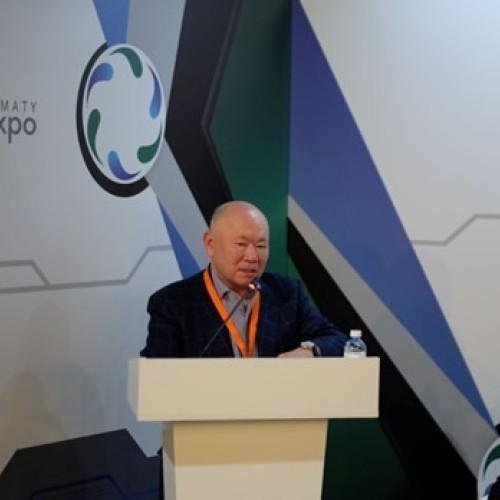Hot on the heels of the Clean Growth Strategy, which was full of excellent intentions if less specific on detailed measures, comes Professor Dieter Helm’s review of energy costs due for publication very soon.
Greg Clark wants this to help “ensure we continue to find the opportunities to keep energy costs as low as possible, while meeting our climate change targets.” Nobody is going to quarrel with those aims and Helm is known for his trenchant criticisms of expensive energy so I am expecting some meaty recommendations. To help him with his review, I, like many others I am sure, wrote to him with my thoughts as to what should be in his review. This is what I broadly told him he should consider:
Firstly, remind the MPs who recently demanded action from Ministers to cut consumer bills that reducing energy prices doesn’t necessarily lower costs. Restricting prices when many elements of energy costs are outside government control discourages investment. Eventually it perversely leads to higher, not lower, prices because investors demand a risk premium to supply a market exposed to political intervention.
The rapidly falling price of renewable energy shows how quickly competition between equipment manufacturers, project developers and electricity generators drives down costs. It also exposes the high cost of many early CFDs awarded by the Coalition Government, particularly for offshore wind.
Competition is far preferable to price controls so future contracts for low carbon electricity generation should all be allocated through technology blind competitive auctions. In judging which bids offer the best value for money the cost of new grid connections and any back up capacity needed for intermittent generators must be factored in.
Subsidies should be confined to technologies which have a credible short-term path to grid parity. This may not extend to tidal lagoons but it certainly includes onshore wind which should be permitted in places where local communities support its development.
Nuclear remains the only source of large scale low carbon baseload electricity. Since all modern economies require a continuous supply of electricity it still has an important role. Until affordable, flexible and long-term electricity storage is available no country should allow itself to depend too heavily on intermittent renewable energy.
Unfortunately, anti-nuclear campaigners have seized on the high strike price awarded for Hinkley Point C to argue that new nuclear is not affordable. They ignore the advances in China, Russia and Korea, each of whom can now build new nuclear plant capable of generating electricity at prices far below the Hinkley strike price and fully competitive with other low carbon technologies. We should welcome China’s CGN involvement in Hinkley. It is very positive for the UK that Korea’s Kepco are interested in Moorside and we should not discount Russia’s Rosatom who are building more latest generation reactors in the world than all their competitors combined which has led to economies of scale and lower supply side risks.
Foreign involvement in UK nuclear development is not without controversy. Therefore, any foreign involvement in UK nuclear plant should meet four conditions. It must be approved by the Office of Nuclear Regulation; the shareholding of non-EEA state controlled entities in the operating company must be less than 40%; operational control must remain with EEA companies/organisations; and IT control systems must be supplied by a trusted British vendor. YouGov polling from earlier in the year showed that so long as new nuclear developments were UK/EU led then a slim majority of people would support the use of overseas technology.
Professor Helm should also point out the direct link between the cost of capital and energy prices. New large-scale electricity generating capacity often involves substantial capital investment over extended periods before any revenue is earned.
Since Government can borrow more cheaply than even the most creditworthy private company providing big energy infrastructure developers with loans cuts costs for the benefit both of consumers and of Britain’s competitive position. Making these loans repayable once construction is complete would prevent them from constituting a permanent subsidy.
There is currently too little scrutiny of transmission and distribution costs. Most consumers don’t even know the name of the company which brings electricity to their home. While debate rages over foreign investment in power stations the fact that distribution of London’s electricity is controlled by a Hong Kong company is rarely mentioned.
This lack of public attention means that competitive pressure on costs has been weaker in the transmission and distribution industries than elsewhere in the energy market. A drive for more openness and efficiency in these areas constitutes low hanging fruit which can be picked in order to cut energy costs.
Finally, Britain will consume a lot of gas in the next 20 years most of which, on present policies, will be imported. The Government should face down local protests against fracking and prioritise widespread drilling to assess the size and recoverability of Britain’s shale gas reserves.
Together these measures constitute a coherent plan to cut energy costs. Greg Clark won’t win any short-term populist plaudits for introducing them but they will be more effective than urging Ofgem to cap tariffs. If he heeds this advice he will take a bigger step towards ensuring that Britain has secure, sustainable and competitively priced electricity in the 2030s than any of his predecessors has in the last 20 years.








